China's strategy to build a " tourism powerhouse"
Since reopening after the Covid-19 pandemic, China has continuously introduced visa relaxation measures for many countries around the world . Most recently, on June 3, the country announced that it would apply an “ASEAN visa” to 11 Southeast Asian countries for business personnel and their relatives.
Previously, China for the first time extended its unilateral visa exemption policy to Latin America and the Caribbean for citizens holding ordinary passports from five countries, including Brazil, Argentina, Chile, Peru and Uruguay, bringing the total number of countries in the world to which China applies its unilateral visa exemption policy to 43.
Along with 25 countries that have completely exempted visas from each other with China by the end of 2024, citizens of 68 countries around the world can now enter China with ordinary passports without a visa. In addition, China has decided to extend the transit visa exemption period in the country from 72 hours and 144 hours to 240 hours (ie 10 days) for foreigners from 54 countries from the end of 2024.

Foreign tourists take photos at the Badaling section of the Great Wall in Beijing on June 3, 2025. Photo: VCG
A series of the above policies were implemented after China held its first National Tourism Development Conference under the name of the Central Committee of the Communist Party of China in May 2024. Speaking at the conference, Chinese President Xi Jinping asked the country to accelerate the construction of a “tourism powerhouse”.
In addition to visa policies, the improvement of public services on tourism, optimization of transportation and customs clearance services, and facilitation of tourists to get tax refunds when shopping, exchanging money and making payments... recently have also made the Chinese market increasingly attractive to international tourists.
Contribution of tourism to China's economy
Tourism is now considered a strategic pillar industry in China's national economy, in which exploiting overseas markets and attracting international tourists is a key direction. Tourism is an industry that can simultaneously promote growth in many areas such as transportation, consumption, demand stimulation and job creation... Data shows that thanks to the unilateral visa exemption policy, China recorded nearly 3.4 million entries in 2024, an increase of more than 1,200% over the previous year.
With the efforts of the Chinese government, from central cities to lower-tier cities, the World Travel and Tourism Council (WTTC) forecasts that by 2025, China's travel and tourism industry will contribute 13.7 trillion yuan to the country's economy, the highest ever and 10.3% higher than before the pandemic. The industry will also create 1.3 million more jobs this year alone.
Spending by international tourists in China is expected to increase by nearly 33 billion yuan, up 13% from 2019, while domestic tourism spending in China is expected to increase by more than 1.1 trillion yuan to reach 7 trillion yuan, cementing the country's position as a global leader in the travel and tourism industry.
In addition, the expansion of visa-free policies is also part of China's efforts to build a flexible and sustainable globalization model, reflecting the country's commitment to promoting an open and pragmatic global tourism industry.

Phu Tu Temple tourist area in Nanjing, Jiangsu province, eastern China on May 3, 2025. Photo: Xinhua
China's tourism industry is perfecting itself.
According to the “China Inbound Tourism Development Report 2024-2025” released by the China Tourism Research Institute at the end of March, inbound tourism has become an important part of demonstrating the country's openness to the outside world.
However, besides the diverse culture and relatively complete tourism infrastructure, Chinese tourism still has some shortcomings and inconveniences, such as language or access to foreign applications, some tourist attractions require advance reservations... This makes independent travelers face many difficulties.
Therefore, the above report suggests that in the future, China should continue to improve the convenience of arrival and travel for international tourists in the country. Visa facilitation policies should be further optimized, and the application period of unilateral visa exemption policies should be extended in a timely manner. Visa facilitation policies should also be implemented for specific groups. Improve the efficiency of visa application and customs clearance through technology and digital tools. Research and implement e-visas and smart entry procedures to simplify visa application procedures, speed up visa approval, improve entry and exit efficiency, and reduce waiting time for tourists.
According to the report, China also needs to continue to identify and resolve the bottlenecks and difficulties that foreign tourists encounter during their travel, such as English electronic maps, reservations at famous tourist attractions, use of foreign applications on mobile phones, language barriers, etc., to enhance the travel experience in China. China needs to establish and improve the national tourism marketing and promotion system, innovate the tourism promotion institutions and mechanisms, coordinate national and local tourism promotion work, and study the establishment of a national government platform for managing entry-exit tourism.
In addition, on the basis of creating a favorable environment, efforts to innovate and upgrade tourism products based on regional characteristics, integrating new technology and creative thinking to create more new projects and items, helping foreign tourists have rich, interesting and unique experiences, are also what localities in China are focusing on implementing.
With a series of short-term and long-term solutions, China is showing its determination to accelerate its comprehensive opening to the outside world; at the same time, building a more open and integrated economy. Experts assess that this is a long-term, sustainable mindset that focuses on competitiveness and experience, gradually reaffirming China's position as one of the leading countries in tourism and travel in the region and globally.
Source: https://bvhttdl.gov.vn/trung-quoc-tro-lai-duong-dua-du-lich-bang-chinh-sach-thi-thuc-coi-mo-20250609142539238.htm


![[Photo] General Secretary To Lam works with Lam Dong, Binh Thuan and Dak Nong provinces](https://vphoto.vietnam.vn/thumb/1200x675/vietnam/resource/IMAGE/2025/6/11/c3e736d90cda4fe78f96c9bfb68d4e0b)




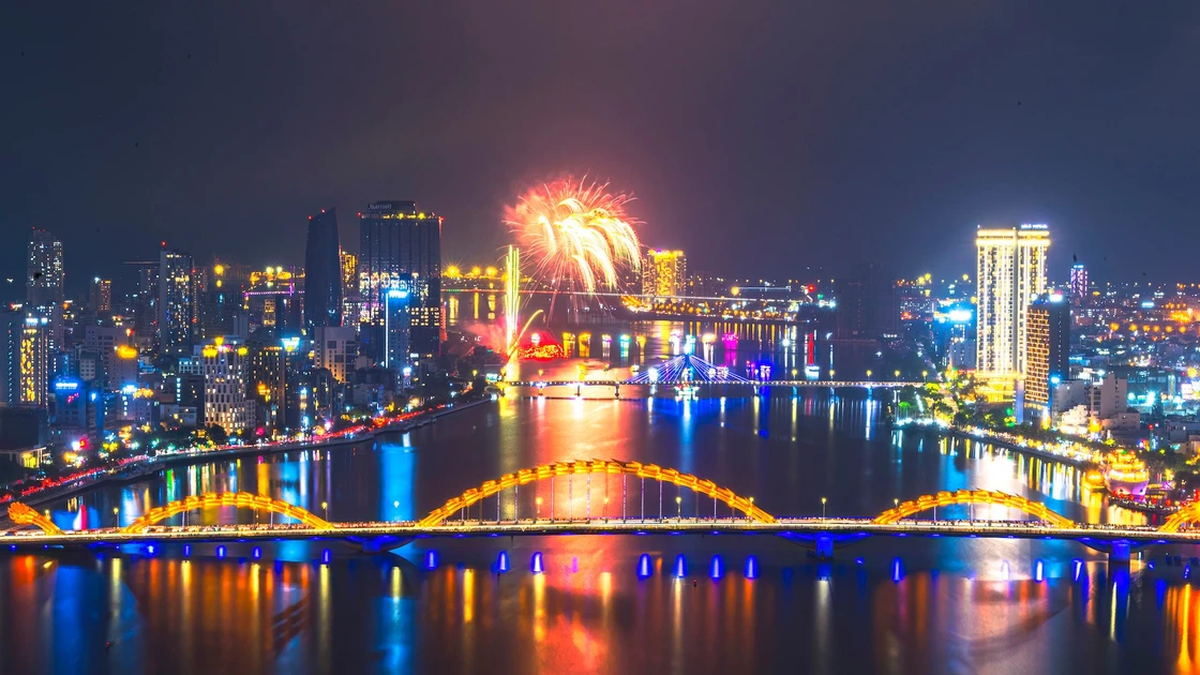
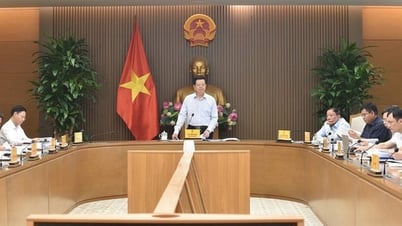




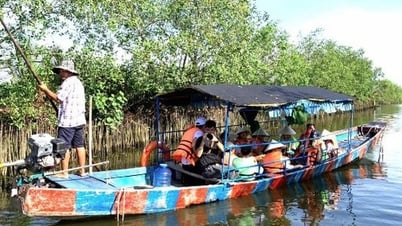
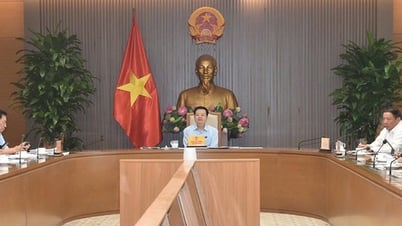








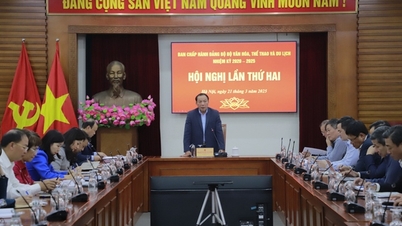


















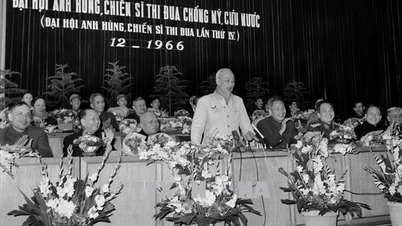






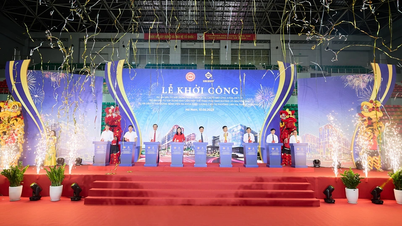



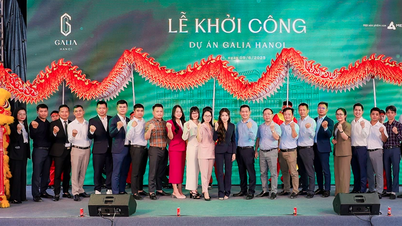


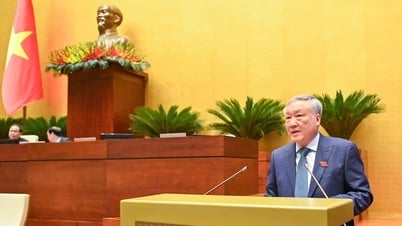


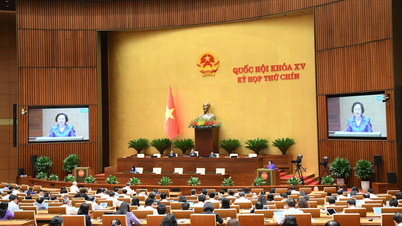
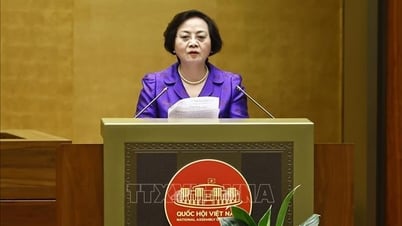














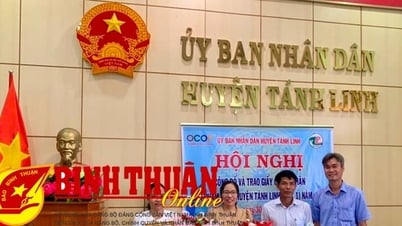


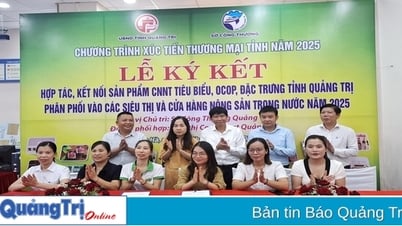











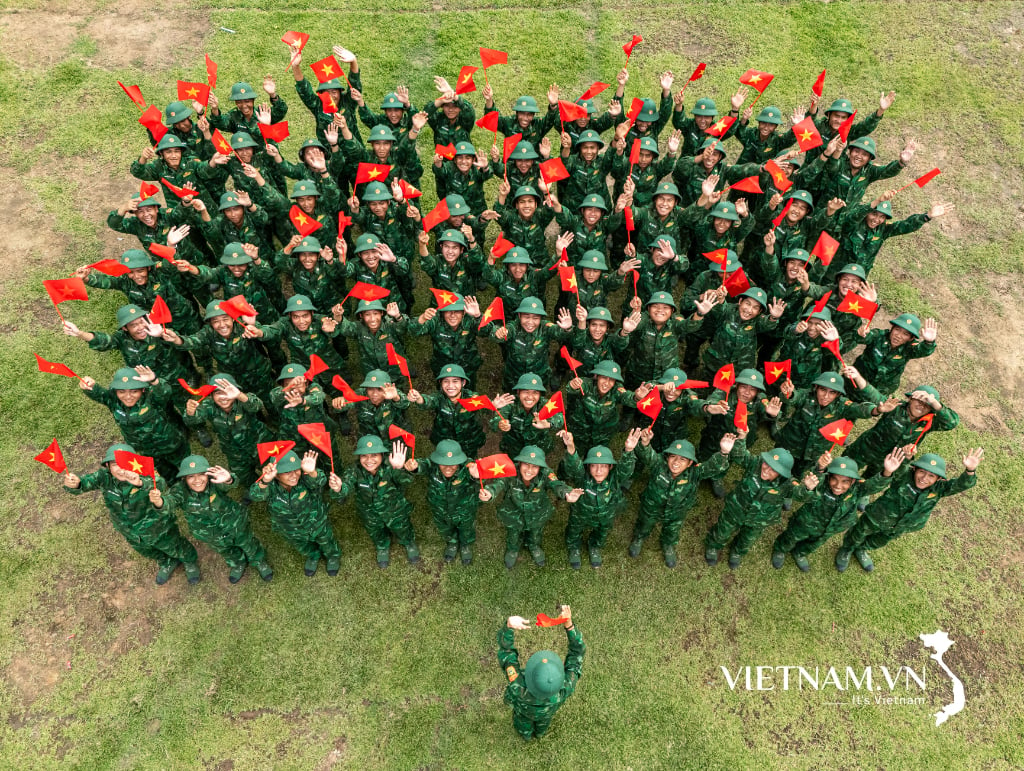
Comment (0)